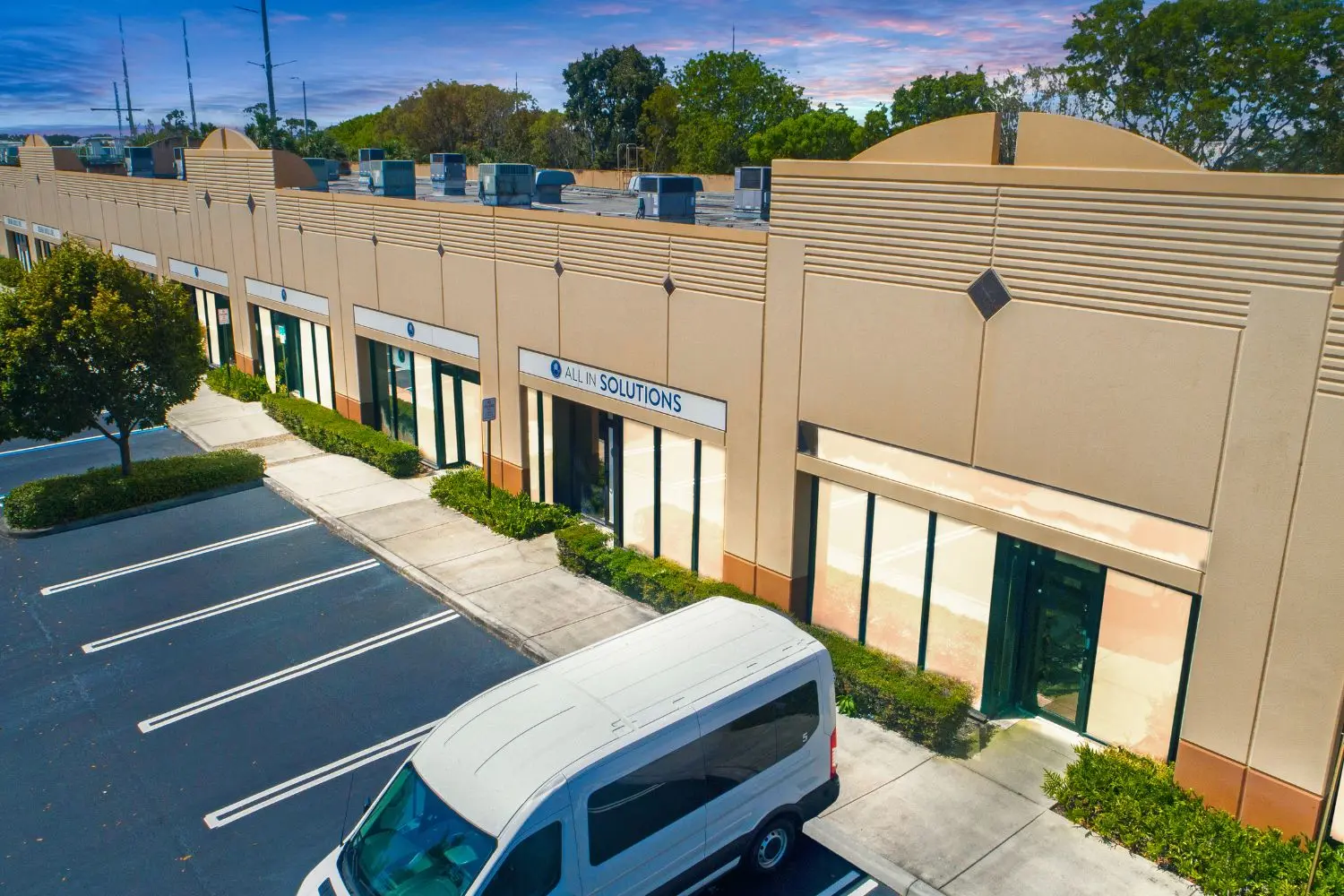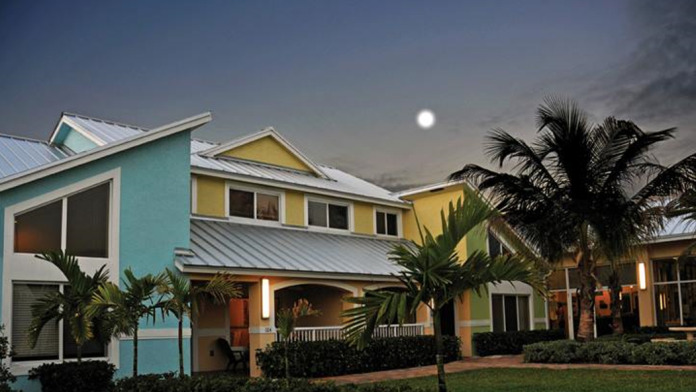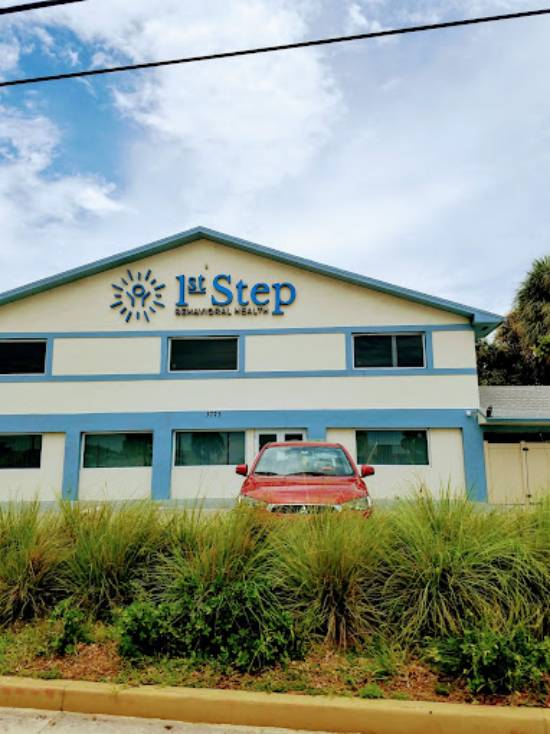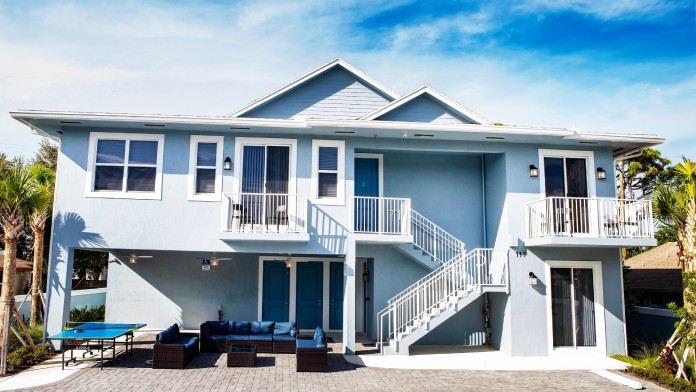I admitted myself to FHE Health in September 2025 after spending weeks researching and calling more than 100 facilities nationwide. I chose this one because I was told, multiple times (in 10–15 phone calls and even by text), that they offered TMS (Transcranial Magnetic Sti ...
About FHE Health
The residential detox program features a secure environment for clients to begin their recovery. FDA approved prescriptions, which can include methadone and buprenorphine, may be used to relieve cravings and ease withdrawal. Clients can then transition into an inpatient or outpatient program. Detox generally takes 5 days.
The inpatient program features medication management along with individual and group counseling. Clients receive psychiatric care and medical care, along with gym memberships, social services, and 24/7 supervision. Additional programs can include yoga, arts therapy, and music therapy. The program can last 21-90 days.
Partial hospitalization is a day program lasting from 7am to 3pm. Clients continue their treatment program without overnight stays. Cognitive behavioral therapy and dialectical behavioral therapy are used to address co-occurring mental and behavioral health disorders, including gambling addictions, as clients prepare for independent living.
The intensive outpatient program offers greater flexibility than partial hospitalization. Clients meet three hours a day for five days per week or five hours a day for three days per week as they continue their treatment program. Holistic therapy, including acupuncture, may be available.
The sober living option provides prolonged oversight as clients develop life skills and daily living routines. Clients perform chores, have a curfew, and participate in group support programs. Medical care and supervision are available to discourage relapse.
They offer care and support for all alumni. Referrals may be made to outside facilities and programs.
They are accredited by The Joint Commission, the Commission on Accreditation of Rehabilitation Facilities (CARF), and the National Association of Addiction Treatment Providers.
Florida House Experience offers self pay and financing options. The center is in network with Aetna, BlueCross/BlueShield, Carelon, Cigna, and ComPsych. Please check with your provider to verify coverage and out of network benefits.
Facility Overview
Latest Reviews
Your concerns are very important to us, and we are disappointed to hear that your experience did not meet your expectations. While we are unable to discuss specific details in a public forum due to HIPAA privacy laws, we would like to address some of the points you raised.
We want to assure you that all members of our staff maintain the highest standards of professionalism in their interactions with patients. As a dually accredited organization with nearly 25 years of experience, we are committed to providing an ethical, respectful, and compassionate environment where patient safety and well-being always come first.
We also have internal processes in place to thoroughly investigate grievances or reports of inappropriate behavior and to ensure the security and comfort of both patients and staff. We encourage patients to communicate any concerns to their care team so we can proactively work together toward solutions. Our team is available 24/7 throughout treatment to address any questions and to provide support at every level of care.
If you would be willing to continue this conversation privately, we welcome the opportunity to discuss your concerns in greater detail. Please call us anytime at (888) 610-3531 or email fhecare@fherehab.com, and a member of our team will reach out to you.
Thank you,
FHE Health Quality Assurance
Thank you for taking the time to share your detailed feedback. Your concerns are very important to us, and we take them seriously as we continuously strive to provide the highest standards of care in a safe, compassionate, and ethical environment.
While we are unable to discuss specific details in a public forum due to HIPAA privacy laws, we would like to address some of the points you raised. Our staff are trained to provide clear and accurate information about the programs and services available at FHE Health. We regret if there was any miscommunication regarding TMS, as it is never our intention to mislead or create confusion about available treatments.
Please rest assured that patient safety and well-being are our top priority, and we consistently meet or exceed industry standards while accommodating the dynamic needs of our patients. As a dually accredited organization with 25 years of experience in behavioral healthcare, we understand that we may not always be able to meet every person's needs or expectations. If that happens, we will work to facilitate a resolution that meets or exceeds their expectations.
We also have an internal process in place to thoroughly investigate grievances or reports of inappropriate behavior and to ensure the safety and comfort of both patients and staff. Our staff is available 24/7 to respond to questions or needs, and we encourage patients to communicate any concerns to their care team so we can work together toward solutions.
We appreciate your acknowledgment of the staff members, and we will be sure to share your kind words with them.
If you would be willing to continue this conversation privately, we welcome the opportunity to speak with you. Please call us at (888) 610-3531 or email fhecare@fherehab.com, and a member of our team will reach out to you.
Thank you,
FHE Health Quality Assurance
Rehab Score
Gallery
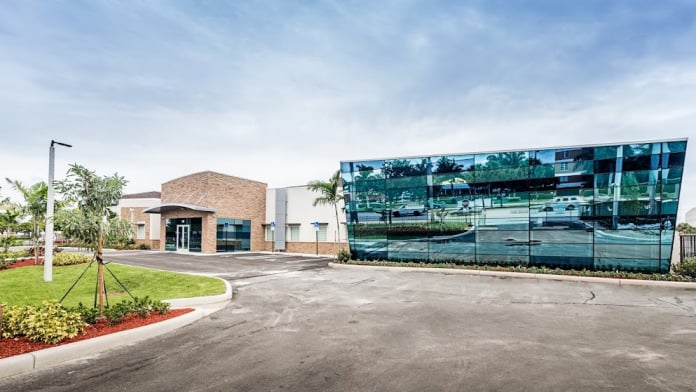
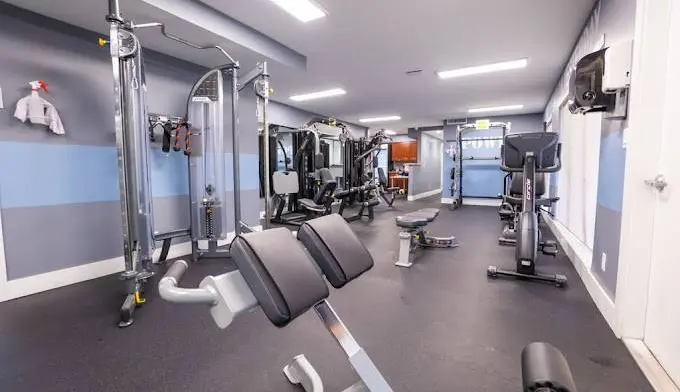
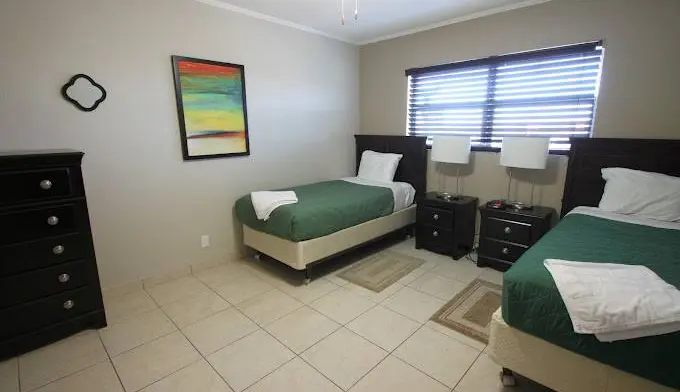
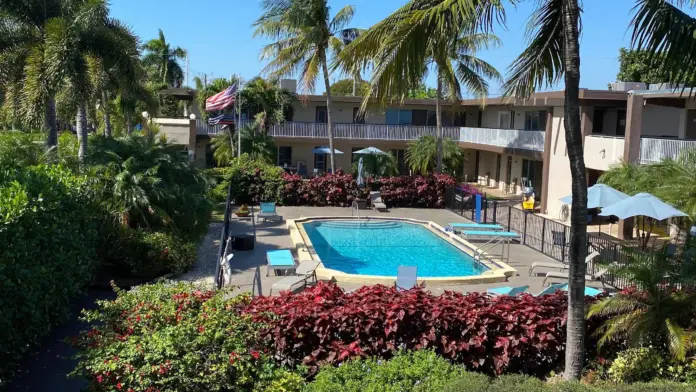
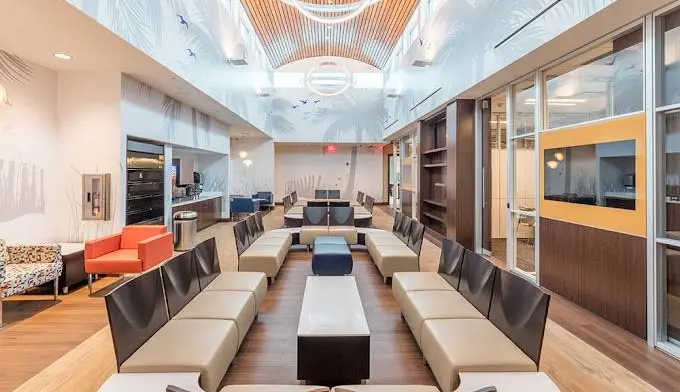
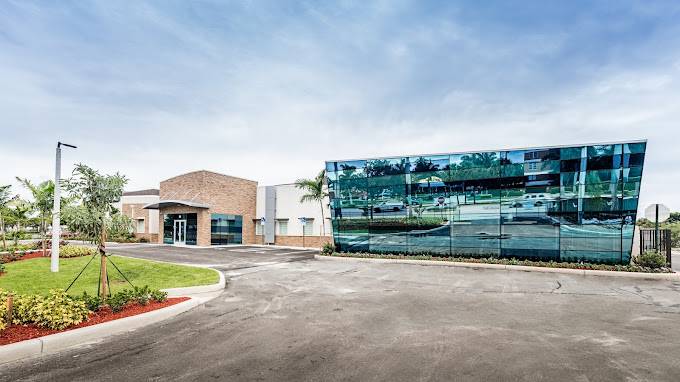
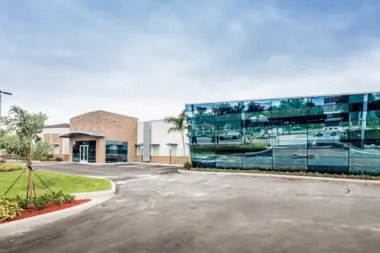
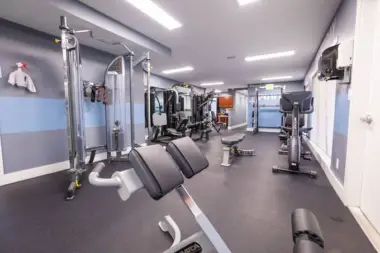
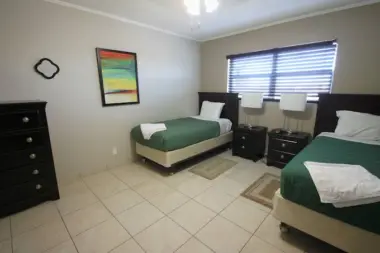
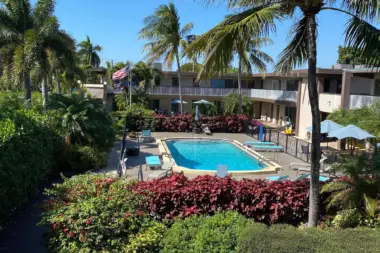
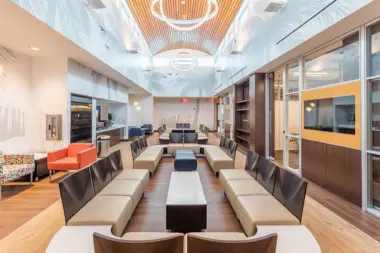
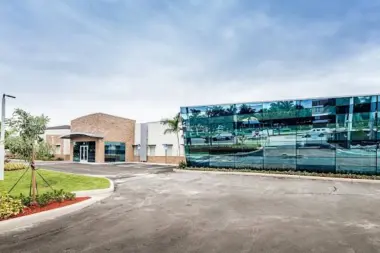
Accepted Insurance
Other Forms of Payment
Private insurance refers to any kind of healthcare coverage that isn't from the state or federal government. This includes individual and family plans offered by an employer or purchased from the Insurance Marketplace. Every plan will have different requirements and out of pocket costs so be sure to get the full details before you start treatment.
Self-pay involves paying for treatment out of your own pocket. You can use savings or credit, get a personal loan, or receive help from family and friends to fund your treatment. If you don't have insurance or your insurance plan doesn't cover a specific program, self-pay can help ensure you still get the care you need.
Military members, veterans, and eligible dependents have access to specific insurance programs that help them get the care they need. TRICARE and VA insurance can help you access low cost or no cost addiction and mental health treatment. Programs that accept military insurance often have targeted treatment focused on the unique challenges military members, veterans, and their families face.
Addiction Treatments
Levels of Care
Outpatient treatment is both an option for people who are starting their addiction recovery and those who wish to implement treatment into their everyday lives, while still working or keeping up with their day-to-day responsibilities. Patients enrolled in one of outpatient programs at The Florida House, may choose a particular level of care because they have day or night time obligations like work, school, and family that keep them from doing an inpatient residential program.
Medical detox is the process of a medically supervised withdrawal from drug or alcohol abuse. During this time, clients are under the care of doctors, nurses, and therapists who provide constant care and support. There is a high risk of relapse during detox when a person tries to do so in an unsupervised environment because of the discomfort and anxiety a person may feel. The goal at The Florida House Experience is to make the detox process as comfortable and safe as possible so that the client does not feel the need to pick up their drug of choice or drink.
At certain points in the recovery process, it's important to have support available 24/7. 24-hour clinical care offers a safe environment in which to recover from drug or alcohol addiction in peace, knowing medical detox and other treatment will happen with professionals on hand.
The FHE Residential Inpatient Treatment Program follows the Medical Detox phase and provides individuals who are struggling with addiction to alcohol or drugs with continuous medical, clinical, and psychiatric care to aid them on their road to recovery. After detox from drugs or alcohol is complete, an initial assessment is conducted so that our doctors and clinicians can determine the level of care that an individual will need and a customized treatment plan will be designed.
Sober living homes give newly clean individuals the motivation, support, and skill development needed to live a sober life in early recovery. The Florida House Experience has two sober living homes, one for each of the sexes so that residents can remain focused on recovery goals without distraction from the opposite sex.
12-step programs are addiction recovery models based on Alcoholics Anonymous (AA). A number of substance abuse programs (including some drug and alcohol rehab centers) use the 12 steps as a basis for treatment. Beginning steps involve admitting powerlessness over the addiction and creating a spiritual basis for recovery. Middle steps including making direct amends to those who've been hurt by the addiction, and the final step is to assist others in addiction recovery in the same way. 12-Step offshoots including Narcotics Anonymous (NA), Cocaine Anonymous (CA), Dual Recovery Anonymous (DRA), Sex and Love Addicts Anonymous (SLAA) and Gamblers Anonymous (GA).
Completing a drug or alcohol rehab program shouldn't spell the end of substance abuse treatment. Aftercare involves making a sustainable plan for recovery, including ongoing support. This can include sober living arrangements like halfway houses, career counseling, and setting a patient up with community programs like Alcoholics Anonymous (AA) or Narcotics Anonymous (NA).
Intensive Outpatient Programs (IOP) are for those who want or need a very structured treatment program but who also wish to live at home and continue with certain responsibilities (such as work or school). IOP substance abuse treatment programs vary in duration and intensity, and certain outpatient rehab centers will offer individualized treatment programs.
Often referred to as "day treatment," a partial hospitalization program (PHP) offers an intensive treatment option that allows individuals to return home at night. PHP treatment typically requires a minimum of 20 hours a week for an average of 90 days. Participants attend daily therapeutic sessions, receive medication management, and have access to skilled medical professionals. While costs can vary, most insurance will fully or partially cover a partial hospitalization program.
Treatments
The goal of treatment for alcoholism is abstinence. Those with poor social support, poor motivation, or psychiatric disorders tend to relapse within a few years of treatment. For these people, success is measured by longer periods of abstinence, reduced use of alcohol, better health, and improved social functioning. Recovery and Maintenance are usually based on 12 step programs and AA meetings.
Drug rehab in Florida provides quality treatment to help individuals overcome dependency related to a wide range of addictive substances. Programs address both the physical and mental aspects of addiction in order to help you make a full recovery.
Many of those suffering from addiction also suffer from mental or emotional illnesses like schizophrenia, bipolar disorder, depression, or anxiety disorders. Rehab and other substance abuse facilities treating those with a dual diagnosis or co-occurring disorder administer psychiatric treatment to address the person's mental health issue in addition to drug and alcohol rehabilitation.
A combined mental health and substance abuse rehab has the staff and resources available to handle individuals with both mental health and substance abuse issues. It can be challenging to determine where a specific symptom stems from (a mental health issue or an issue related to substance abuse), so mental health and substance abuse professionals are helpful in detangling symptoms and keeping treatment on track.
Opioid rehabs specialize in supporting those recovering from opioid addiction. They treat those suffering from addiction to illegal opioids like heroin, as well as prescription drugs like oxycodone. These centers typically combine both physical as well as mental and emotional support to help stop addiction. Physical support often includes medical detox and subsequent medical support (including medication), and mental support includes in-depth therapy to address the underlying causes of addiction.
Programs
Adult rehab programs include therapies tailored to each client's specific needs, goals, and recovery progress. They are tailored to the specific challenges adult clients may face, including family and work pressures and commitments. From inpatient and residential treatment to various levels of outpatient services, there are many options available. Some facilities also help adults work through co-occurring conditions, like anxiety, that can accompany addiction.
Young adulthood can be an exciting, yet difficult, time of transition. Individuals in their late teens to mid-20s face unique stressors related to school, jobs, families, and social circles, which can lead to a rise in substance use. Rehab centers with dedicated young adult programs will include activities and amenities that cater to this age group, with an emphasis on specialized counseling, peer socialization, and ongoing aftercare.
Clinical Services
Creativity is inherently healing, and can help those in recovery express thoughts or feelings they might not otherwise be able to. Creative arts therapy can include music, poetry/writing, painting, sculpting, dance, theater, sandplay, and more. Unlike traditional art, the final product matters far less than the experience of creation and expression itself.
DBT is a type of cognitive-behavioral therapy developed by psychologist Marsha M. Linehan in the late 1980s. It was originally developed to treat borderline personality disorder, and since then has been used to treat a wide variety of mental disorders, including addiction. DBT emphasizes psychosocial aspects of treatment. This means that it focuses on social factors and individual thought and behavior. It is believed that certain people are predisposed to react in an over-the-top manner to normal emotional situations. These people have a much more intense rate of arousal and emotion than other people. They require less stimulation to become more excited and have a hard time returning back to normal levels where stimuli have been taken out of the equation.
Experiential therapy is a form of therapy in which clients are encouraged to surface and work through subconscious issues by engaging in real-time experiences. Experiential therapy departs from traditional talk therapy by involving the body, and having clients engage in activities, movements, and physical and emotional expression. This can involve role-play or using props (which can include other people). Experiential therapy can help people process trauma, memories, and emotion quickly, deeply, and in a lasting fashion, leading to substantial and impactful healing.
Eye Movement Desensitization and Reprocessing (EMDR) Therapy is integrated for certain clients as part of the treatment process at The Florida House, EMDR Therapy for Addiction Treatment experience. EMDR therapy is used primarily for treating trauma as a part of addiction rehabilitation. It is a psychotherapy that allows people to have reduced symptoms of emotional distress. EMDR helps make the process of therapy faster and more effective. Treatment that may have once taken months can take weeks, allowing for more effective treatment during addiction rehab.
Research clearly demonstrates that recovery is far more successful and sustainable when loved ones like family members participate in rehab and substance abuse treatment. Genetic factors may be at play when it comes to drug and alcohol addiction, as well as mental health issues. Family dynamics often play a critical role in addiction triggers, and if properly educated, family members can be a strong source of support when it comes to rehabilitation.
Group therapy is any therapeutic work that happens in a group (not one-on-one). There are a number of different group therapy modalities, including support groups, experiential therapy, psycho-education, and more. Group therapy involves treatment as well as processing interaction between group members.
In individual therapy, a patient meets one-on-one with a trained psychologist or counselor. Therapy is a pivotal part of effective substance abuse treatment, as it often covers root causes of addiction, including challenges faced by the patient in their social, family, and work/school life.
Life skills trainings involve all the skills a person must have in order to function successfully in the world. These include time management, career guidance, money management, and effective communication. Truly successful addiction recovery is based on the ability to not only live substance-free, but to thrive. Life skills teaches the practical necessities of functioning in society, which sets clients up for success in life, and therefore sobriety.
Nutritional planning is a form of food therapy that helps our clients better manage their diet during addiction treatment. Maintaining a healthy diet is difficult but having support from a trained nutritionist helps their patients renew health through good eating habits. Their patients find they have more energy and feel better when they incorporate nutritional planning into their addiction treatment plan.
Trauma therapy addresses traumatic incidents from a client's past that are likely affecting their present-day experience. Trauma is often one of the primary triggers and potential causes of addiction, and can stem from child sexual abuse, domestic violence, having a parent with a mental illness, losing one or both parents at a young age, teenage or adult sexual assault, or any number of other factors. The purpose of trauma therapy is to allow a patient to process trauma and move through and past it, with the help of trained and compassionate mental health professionals.
Therapists who apply cognitive behavioral therapy in Florida believe patient thoughts and behaviors are closely linked. They use this treatment method to help clients change their thought patterns so they can also change behaviors and break free from substance abuse.
As a short term therapeutic method, motivational interviewing in Florida requires only a couple of sessions. During these sessions, you'll have the opportunity to talk about your circumstances and any discrepancies between your current situation and future goals. You'll then decide for yourself what changes you want to make.
Amenities
-
Yoga Studio
-
Wifi
-
Gym
Staff & Accreditations
Staff
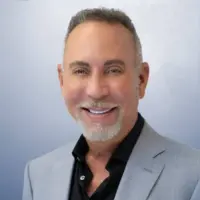
Sherief Moustafa, BSN, RN, CAP, ICDAC
CEO and Founder
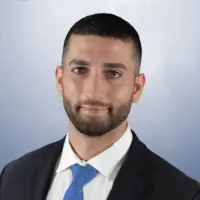
Rami Sleiman, BS, CHC, MBA
Chief Operations Officer
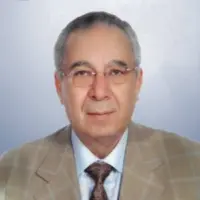
Dr. Adel Abu-moustafa, Ph.D
Chairman of the Board and Director of Education
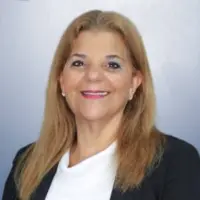
Barbara Dunkiel
Chief Human Resource Officer
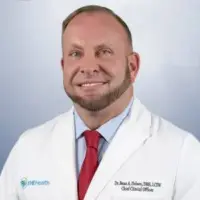
Dr. Beau Nelson, DBH, LCSW
Chief Clinical Officer
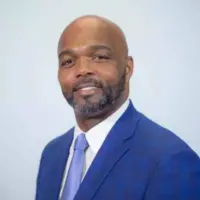
Donnell Neal, CAC CBHT
Chief of Care Management
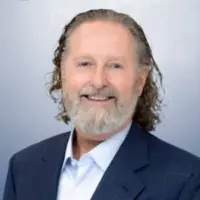
Todd Branstetter
Chief Financial Officer
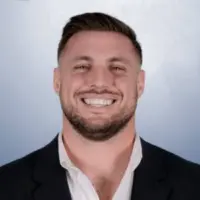
Zackary Traynor
Chief Admissions Officer
Accreditations

The Commission on Accreditation of Rehabilitation Facilities (CARF) is a non-profit organization that specifically accredits rehab organizations. Founded in 1966, CARF's, mission is to help service providers like rehab facilities maintain high standards of care.
CARF Accreditation: Yes

The Joint Commission, formerly known as JCAHO, is a nonprofit organization that accredits rehab organizations and programs. Founded in 1951, the Joint Commision's mission is to improve the quality of patient care and demonstrating the quality of patient care.
Joint Commission Accreditation: Yes

The National Association of Addiction Treatment Providers (NAATP) is a professional association that represents organizations in the field of addiction services. Founded in 1978, NAATP's mission is to advance addiction services and ensure that high-quality addiction treatment is available and accessible.
NAATP Member: Yes
Member ID: 562
Contact Information
505 South Federal Hwy 2
Deerfield Beach, FL 33441


